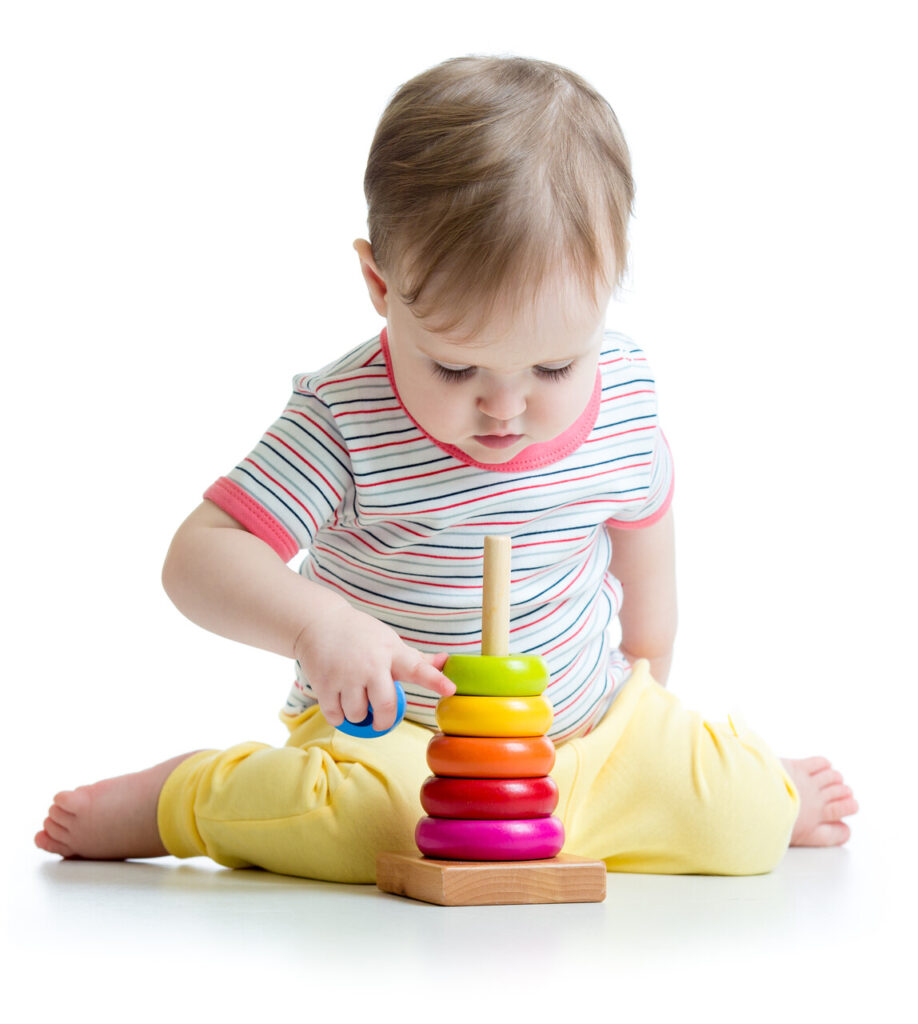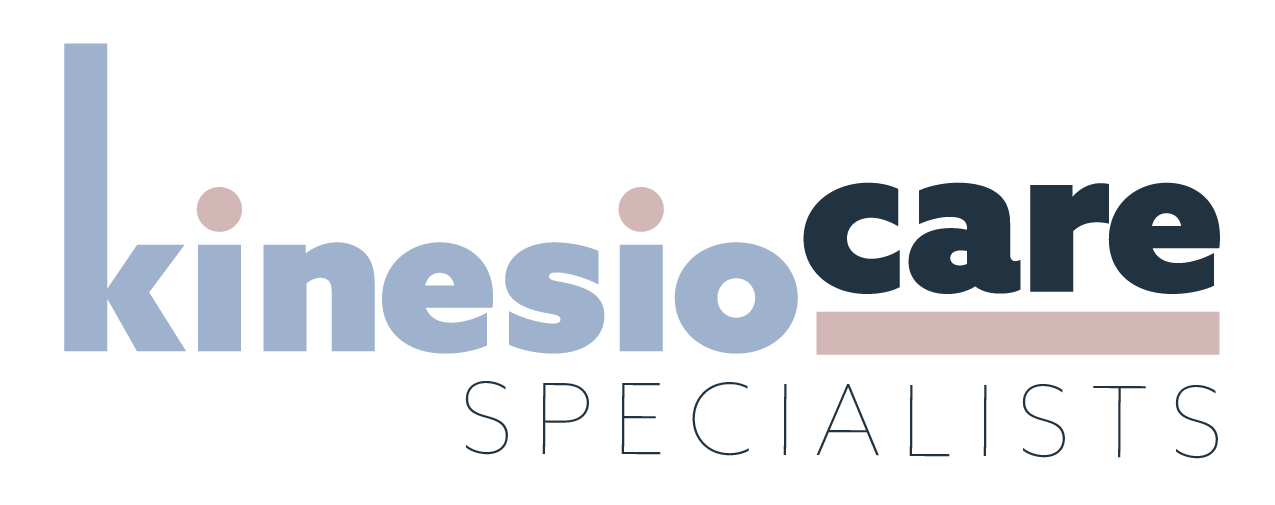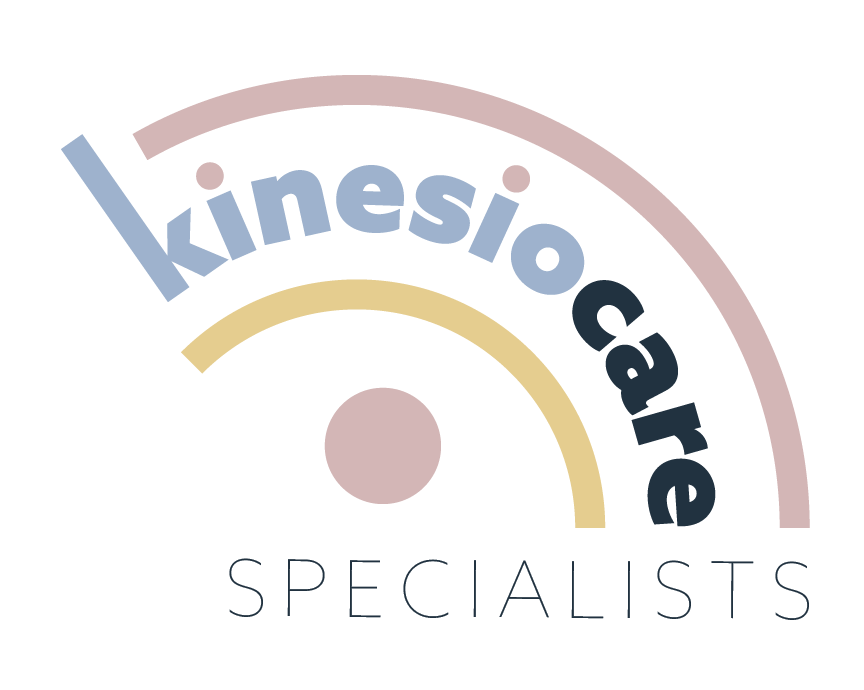Physical Therapy for Toddlers
Whether your little one is now moving and grooving or has challenges with movement, we can help ensure your child is on the right track in their motor development.
Motor development remains vital to your child’s overall growth and development through these young years. It is important to develop good movement habits early. At this stage we look at how your child moves and the postures they prefer and recommend activities that fit your child’s needs and interests to help improve their movement!
Common Problems for Toddlers
Clumsy or falling frequently
There are many possible reasons a toddler may seem to fall more than other children their age, or just seem clumsy. It may be related to weakness in some muscle groups, poor body awareness, or an abnormal walking pattern to name a few. Our therapists will help uncover the “why” and challenge your kiddo with a variety of strength, balance, and coordination tasks.
Toe walking
Toe walking is only “normal” if your child has been walking on their own for less than 3 months. Your therapist will help determine why your child is on their toes and provide strategies to reduce this pattern.
In-toeing (pigeon toed) or out- toeing
This can be related to weakness or the positioning and alignment of the hip, leg, or foot. We can help make your child’s walking more energy efficient so they can keep up with their peers and progress appropriately with their movement patterns.
Flat feet
Flat feet impact the alignment of bones all the way up the leg and make it more challenging to develop good strength of the hips and ankles. This can lead to pain or injury, especially as children grow. We will take action to provide the best course of treatment for your child.

Other reasons a toddler might need physical therapy
- Delay in achieving milestones (stairs, jumping, running, walking)
- W-sitting
- Poor balance and coordination
- Funky looking walk
- Timid or reluctant at the park or with new challenges
- Low or high muscle tone
- Limb deficiencies
- Genetic or neurological diagnoses and conditions
- Poor safety on the stairs
- Visual impairments
- Preference for using one side of the body
- Scoliosis
This list is not all-inclusive. Please ask if you have a question about something your child is or is not doing.
Frequently Asked Questions
The therapist will bring the necessary equipment and toys to engage your child in therapy. Some inexpensive supplemental items may be requested by the therapist if necessary. The therapist will often get creative and find items around your home to incorporate into sessions.
It is unlikely that you will need to purchase any equipment. Some inexpensive supplemental items may be requested by the therapist if necessary. The therapist will often get creative and find items around your home to incorporate into sessions. The therapist will contact you prior to the session to request items from around your home to gather to make the session most efficient.
The therapist will start by discussing your concerns and gathering relevant medical and background information. For a portion of the session the therapist will observe how your child moves in their environment. The therapist may also ask to see specific skills based on your child’s age as well. Afterwards the therapist will discuss initial findings and make recommendations regarding any need for therapy and how often.
The session will start with any updates related to the child and the exercises from the prior session. The therapist will then engage in one-on-one activities with your child that involve toys, play, and exercise that target the needs of your child. Activities will be structured yet playful. It is expected that the parent also be involved in the sessions and be able to assist during to carry over activities throughout the week.
Your therapist will be able to recommend need for additional therapy services (occupational therapy, speech therapy, behavioral therapy, etc) based on their ongoing observations of your child and provide you with direction in obtaining these services.
The best way to know for sure is to schedule your free 15-minute phone or video consultation. Here are a few examples of reasons your child may require physical therapy.
Baby:
- Not meeting developmental milestones like sitting, rolling, crawling, cruising, walking
- Prefers to remain in sitting and not move out of the position
- Dislikes tummy time
- Always looks to one side and/or the head tilts to one side
- Has flatness on one side of the head or the entire back of the head
- Has any neurological, genetic, or cardiopulmonary condition
Walking Age and Beyond:
- Frequently trips or falls
- Prefers to w-sit
- Preference to use one side of the body i.e. only goes up the stairs with the left leg
- Appears clumsy compared to peers
- Has difficulty climbing or jumping
- Walks “funky” i.e. on the toes or with feet turned in or out
- Recovering from an injury
- Has any neurological or genetic condition
The consultation will allow us to discuss the concerns you have related to your child’s motor development. We can then get an idea of your child’s need for a formal evaluation
Physical therapy is a type of care that that betters peoples lives by easing pain and helping people move and participate in what they enjoy. Pediatric physical therapy is a specialty subset. It looks at the “why’s” and “how’s” of a child’s movement or posture and uses innovative and creative strategies to address their areas of need to help them function to their fullest capacity.
You are welcome to stick with one type or do a combination. We are able to adjust to your needs and level of comfort when choosing which method you prefer,
Lincoln Park, Lakeview, Wicker Park, Bucktown *Some surrounding neighborhoods may be available for appointments in addition to Evanston and Skokie. Please contact us if your area is not listed but you would like an assessment or have specific questions about availability.



